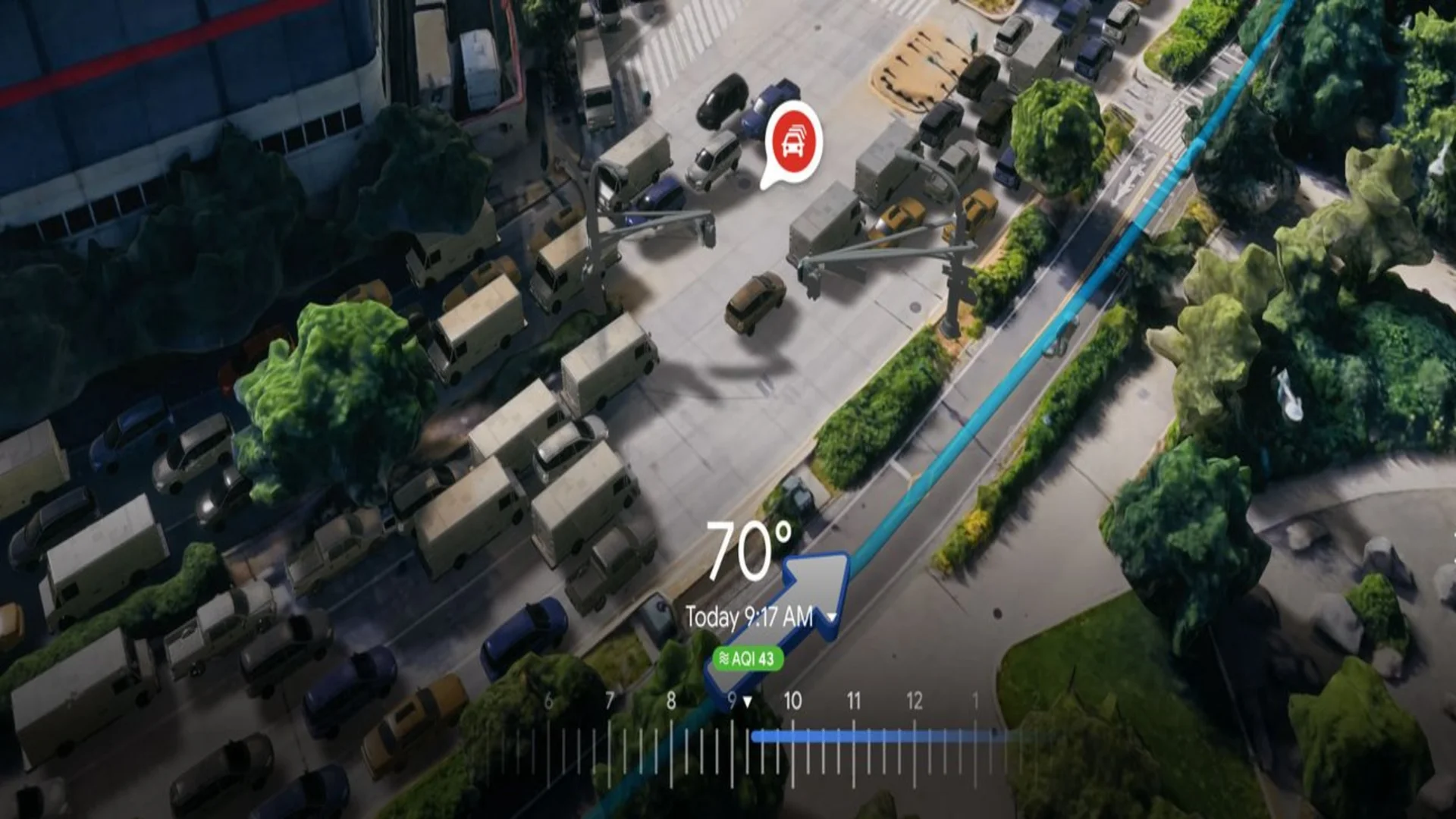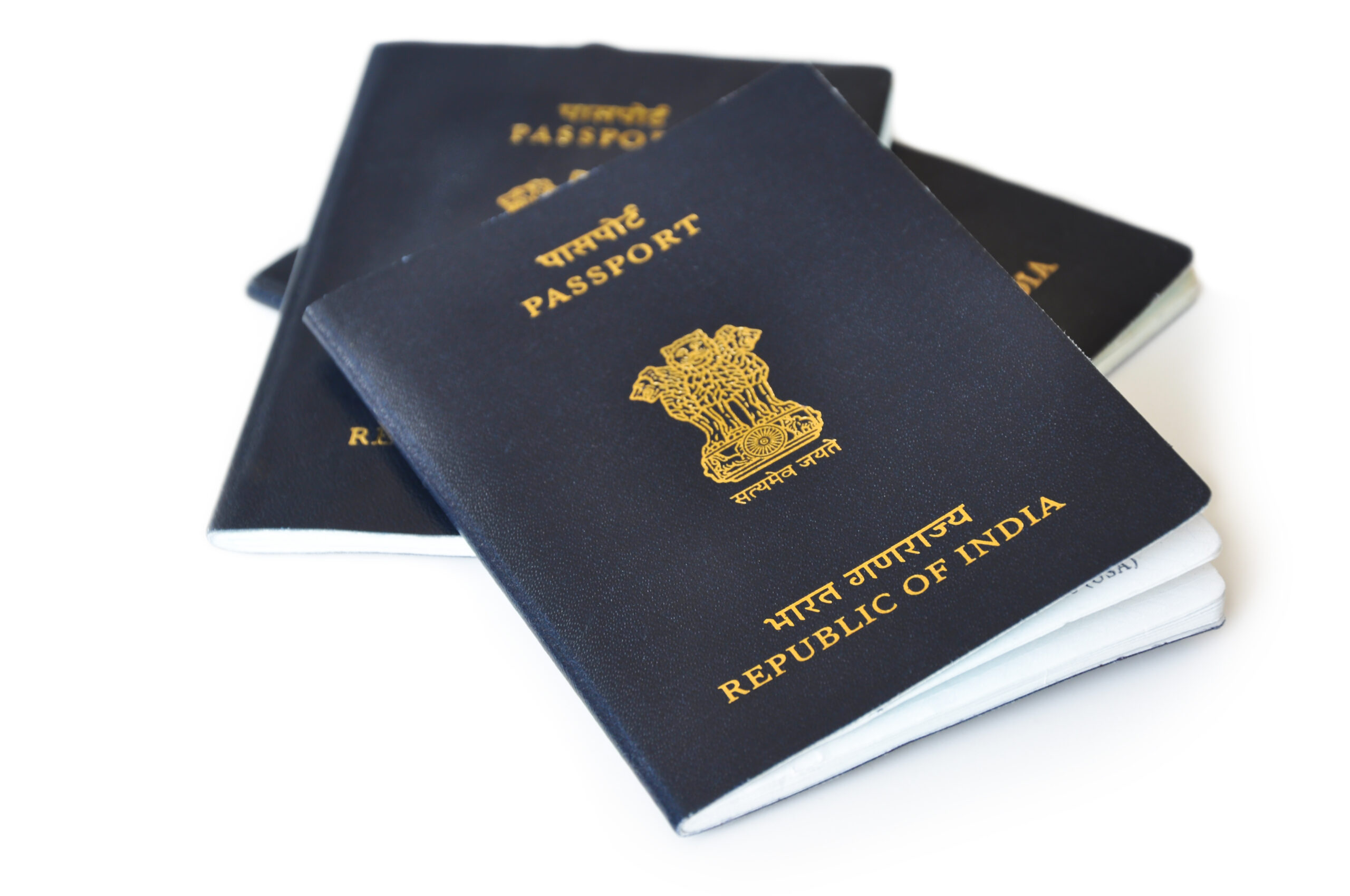Users across India can now access hyperlocal air quality information on Google Maps, the tech giant announced on Wednesday while introducing Air View+, an AI-powered and ecosystem-based solution.
Google stated that Air View+ offers valuable air quality insights to government agencies tasked with environmental monitoring and urban planning, while simultaneously providing hyperlocal air quality data to citizens through Google Maps.
This announcement comes as Delhi’s air quality index (AQI) recently spiked to 491, engulfing the capital in toxic haze. The worsening air quality prompted the government to restrict vehicle movement, halt construction activities, and shift schools to online classes.
In a blog post authored by Yael Maguire, VP and GM of Google Maps Platform and Google Earth, along with Miriam Daniel, VP and GM of Google Maps, the company highlighted Air View+ as an ecosystem-based solution aimed at empowering government authorities and citizens with actionable hyperlocal air quality information.
“As India continues its ‘incredible growth momentum,’ supported by tech innovation and demographic advantage, it is crucial to address risks that could hinder progress. Environmental issues, particularly air pollution, are among the most pressing challenges,” the blog stated. “Air pollution not only diminishes the livability of our cities but massively contributes to an overloaded healthcare system.”
While the detrimental effects of air pollution are well-recognized, Google emphasized that effective action has been hampered by a lack of precise hyperlocal air quality data.
“To combat this challenge, today, we are pleased to announce Air View+—an ecosystem-based solution to empower government authorities and people with useful hyperlocal air quality information, in collaboration with local climate tech firms,” the company said.
Powered by Google AI, Air View+ integrates a wide range of data inputs to deliver air quality insights to agencies responsible for urban planning and environmental monitoring. It also enables real-time hyperlocal air quality data to be accessible on Google Maps for users across India.
“People in India can now access hyperlocal air quality information across the country in Google Maps,” Google announced.
Air View+ takes an ecosystem-based approach by collaborating with local organizations such as sustainability startups, climate action groups, corporations, city administrators, and citizens. The initiative involves the installation of air quality sensors by climate tech firms like Aurassure and Respirer Living Sciences, creating a robust monitoring network in cities that previously lacked adequate infrastructure.
These sensors measure key air quality parameters, including PM2.5, PM10, CO2, NO2, ozone, and VOCs, along with temperature and humidity, taking readings every minute. The sensors are strategically deployed across more than 150 cities in India at locations such as administrative buildings, commercial hubs, and utility poles to maximize population coverage.
Local researchers from institutions like IIT Delhi and IIT Hyderabad, alongside state pollution boards and climate action groups such as CSTEP, rigorously validate and calibrate the sensors. The collected data is then analyzed using Google AI by researchers and sustainability startups, generating actionable insights for citizens and city planners.
Municipal corporations are leveraging this hyperlocal air quality data to develop in-house AQ dashboards in collaboration with researchers and sustainability partners. These dashboards provide critical data for unmonitored areas, helping urban planners identify pollution hotspots and take targeted interventions.
For individual users, AQI data is readily accessible on Google Maps by selecting the Air Quality layer under the Layer button or via the Weather widget in the Explore tab for location-specific AQI information.
Also read: EXPLAINED: Why Mumbai’s Voters Were Missing Again?
“This information is especially important for vulnerable populations, such as young children or the elderly, enabling families to take preventative measures such as using N95 masks or reducing outdoor exposure,” the blog concluded.














